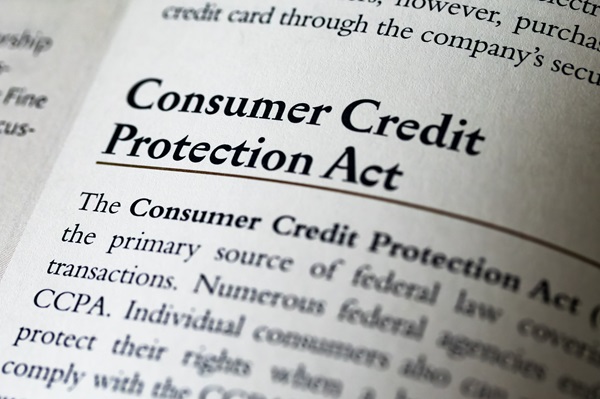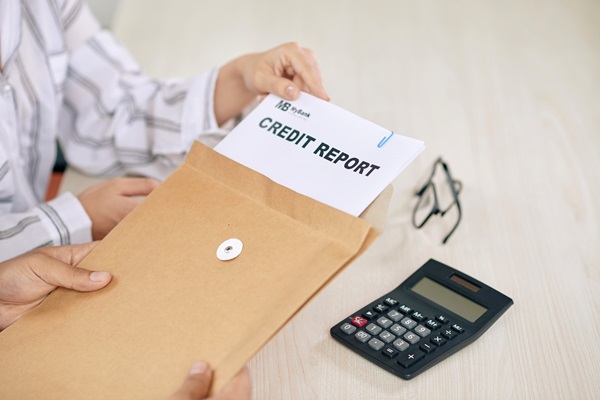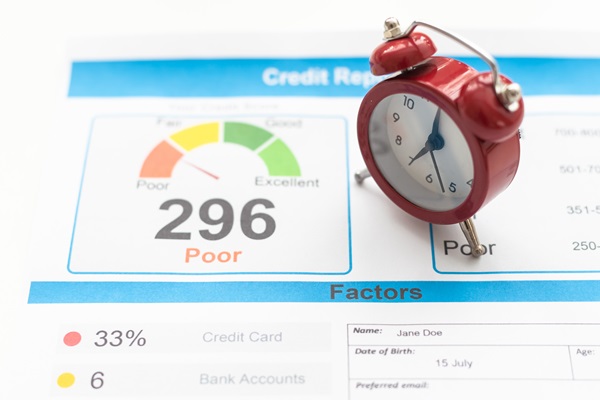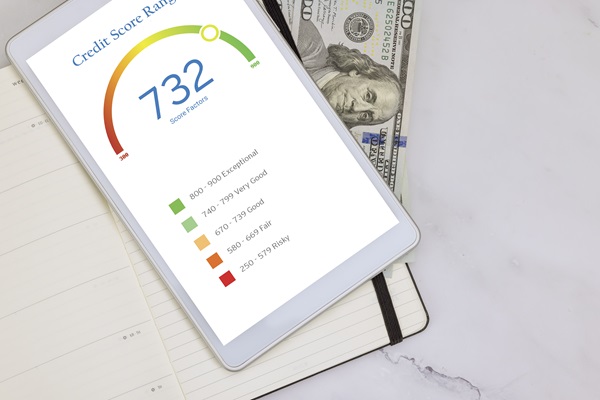Navigating the realm of credit reports can often seem daunting, yet it’s a fundamental aspect of financial literacy. A credit report is more than just a record; it’s a testament to your financial history and behavior, encompassing aspects like credit usage, payment history, and overall reliability as a borrower. This post demystifies the process of obtaining your credit report for free. You’ll explore the nuances of credit reports, legal entitlements, and various reliable sources from which you can access your credit information. Empowering yourself with this knowledge can lead to better financial decisions and improved credit health.
Contents
Decoding Credit Reports

Credit reports play a pivotal role in financial decision-making, serving as a reflection of your creditworthiness. These reports are compiled by credit bureaus and include detailed information about your credit history. They are used by lenders to determine loan eligibility, interest rates, and credit limits. Understanding the components of your credit report is crucial for effective financial management.
A typical credit report contains personal information, credit accounts, credit inquiries, public records, and potentially negative items. Personal information includes your name, address, and Social Security number. The credit accounts section details your credit history with various lenders, while the credit inquiries segment lists all entities that have requested your credit report. Public records may include bankruptcies and legal judgments, and the negative items section highlights any delinquencies or defaults.
Legal Entitlements and Rights

Under the Fair Credit Reporting Act (FCRA), you are legally entitled to a free copy of your credit report every 12 months from each of the three major credit bureaus. This act ensures that consumers can access their credit information and dispute any inaccuracies. Regularly reviewing your credit report is vital for detecting errors and protecting against identity theft.
In addition to annual reports, the FCRA provides additional rights, such as obtaining a free credit report if you’re denied credit, employment, or insurance based on your credit. You’re also entitled to a free report if you’re a victim of identity theft, on welfare, or unemployed and planning to look for a job within 60 days. Understanding these rights can help you manage your credit information more effectively and ensure fair treatment.
Online Sources for Free Credit Reports

AnnualCreditReport.com is the official website authorized by federal law to provide free credit reports. Through this site, you can request your free annual credit report from Equifax, Experian, and TransUnion. It’s essential to verify your identity by providing personal information, including your Social Security number, to access your report.
The process of obtaining your report from AnnualCreditReport.com involves several steps. First, fill out the online form with the required personal information. Next, choose which credit bureau’s report you wish to receive. You’ll then be asked to answer a series of security questions to verify your identity. Once verified, you can view your report online or opt to receive it by mail.
Credit Bureaus Offering Free Reports

Equifax, Experian, and TransUnion are the three major credit bureaus in the United States. Each bureau compiles its own credit report, which might differ slightly due to different sources of information. Regularly accessing reports from all three bureaus is recommended for a comprehensive view of your credit history.
Equifax offers a free annual credit report, which can be accessed online or by mail. They also provide credit monitoring services for a fee, which include more frequent access to your credit report and alerts for any significant changes. Experian provides a similar service, with the added feature of a free monthly credit report and FICO score when you sign up for their free CreditWorks Basic service.
TransUnion also allows for a free annual credit report and offers additional paid services for credit monitoring. They have a unique feature that lets consumers freeze and unfreeze their credit report online, providing extra security and control over their credit information. It’s important to regularly check your report from each bureau to ensure accuracy and spot potential signs of identity theft.
Third-Party Services

Third-party services like Credit Karma and Credit Sesame have revolutionized the way consumers access their credit reports. These platforms offer free credit report services, leveraging advertisements and partner offers to fund their operations. Users can access their credit scores and reports, typically from two of the three major bureaus, without any charge. The convenience and accessibility of these services have made them popular among consumers seeking regular credit monitoring.
However, it’s important to understand the trade-offs when using these services. While they provide free access to credit information, they often use your data to suggest credit products like loans or credit cards. Users should be cautious and understand that these recommendations are often aligned with the service’s financial incentives. Despite this, many find these tools valuable for keeping track of their credit status and making more informed financial decisions.
Mobile Apps and Tools

The rise of mobile technology has introduced a variety of apps and tools designed to provide consumers with easy access to their credit reports. Apps like Mint and WalletHub offer free credit report and score access, often with additional features like credit monitoring and financial advice. These tools are designed for user convenience, allowing quick checks of credit status and alerts for any significant changes or potential fraud.
When using mobile apps for credit reporting, security and privacy are paramount. It’s essential to use apps from reputable sources and understand their privacy policies. While these apps offer the convenience of monitoring credit reports on the go, users should be vigilant about the security of their personal information. Nonetheless, for those comfortable with technology, these apps can be a handy way to stay on top of credit health and track financial progress.
Additional Resources and Tips

Besides the standard channels for obtaining free credit reports, there are additional resources and tips that can be invaluable. The Federal Trade Commission (FTC) and Consumer Financial Protection Bureau (CFPB) offer extensive information on credit reports and consumer rights. These government websites are treasure troves of reliable information, providing guidance on everything from understanding your credit report to handling credit disputes.
Maintaining good credit health goes beyond just accessing your report; it involves regular monitoring and proactive management. This includes disputing any inaccuracies on your report, understanding the factors that affect your credit score, and learning how to improve it. Regularly checking your credit report helps in identifying fraudulent activities early, thus protecting against identity theft. It’s also wise to spread out your free reports from the three major bureaus throughout the year, ensuring regular monitoring.
Your Credit Report Awaits – Discover It Now!
In today’s financial landscape, staying informed about your credit status is more than a convenience—it’s a necessity. Free access to your credit report empowers you to make smarter financial decisions, detect inaccuracies, and protect against identity theft. Embrace this opportunity to monitor and improve your credit health. Start now by utilizing the resources highlighted in this guide to access your free credit report. Take this crucial step towards financial literacy and security, and make the most of your financial future.


